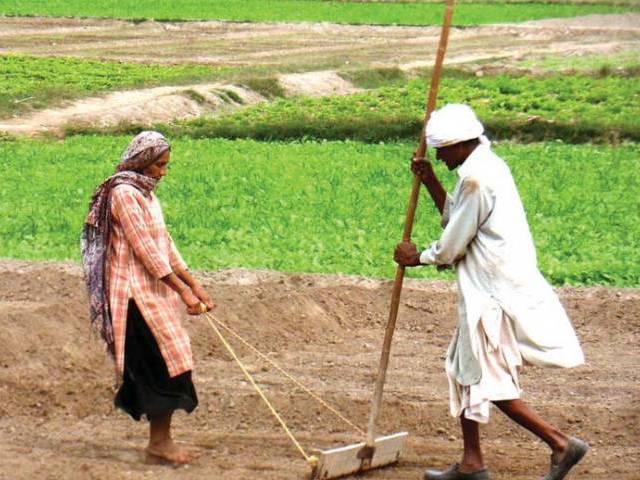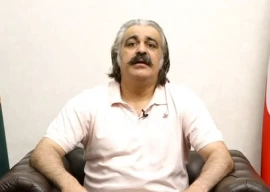
The top court also sought legal assistance from the attorney general of Pakistan (AGP) on whether a supplementary grant can be issued without parliament’s approval under article 84 of the constitution.
A two-judge bench of the apex court, headed by Justice Ejaz Afzal Khan, was hearing the federal government’s appeal against the December 8, 2015 order of the Peshawar High Court which stated that there should not be any discrimination in distribution of subsidy to fertiliser producers.
In the last hearing, the food secretary told the court that Rs12.5 billion had been released. He had further told the court that subsidy amount was distributed among 12 manufacturers and importers. This subsidy is the component of Kissan package, announced by the federal government.
The federal government had notified a policy that Single Super Phosphate (SSP) manufacturers and sellers have been sanctioned subsidy with two conditions. Firstly, the provincial government stressed that they would not give subsidy on SSP manufactured from the local dock. Secondly, the subsidy would be given to SSP fertiliser manufactured by using imported rock. The phosphate content should not be less than 18%.
However, the Agritech Company approached PHC and requested that it be given the subsidy as well. The high court observed that there should not be any discrimination in distribution of subsidy to fertiliser producers.
During Wednesday’s hearing, Justice Qazi Faez Isa, another member of the bench, asked why the government was in such a hurry to implement the Kissan Package that it did not obtain parliament’s approval. He noted that “prima facie it appears that the government is violating the constitution in case of Kissan package.” “If everything is done without the approval of parliament then why sessions are called?”
Deputy Attorney General (DAG) Sajjid Illyas Bhatti informed the court that there was no need of parliament for this package as it is the supplementary grant issued from the prime minister’s fund. He argued that people would benefit from the subsidy on fertiliser.
The DAG argued that on many projects the government spends money from the supplementary grant and later gets its approval from parliament.
Salman Akram Raja, representing the respondent, said that discriminatory treatment was meted out in offering subsidy on fertilisers. He contended that subsidy was applicable to importing fertilisers.
Justice Isa inquired under what law the amount was released. “Had any sanction been made in the last budget? Has any mention been made in the constitution about discretionary funds of the prime minister,” the judge asked.
Published in The Express Tribune, May 19th, 2016.
1733045455-0/zombie-(1)1733045455-0-405x300.webp)
1733044033-0/diddy-(1)1733044033-0-165x106.webp)



1733039144-0/Express-Tribune-(2)1733039144-0-270x192.webp)











COMMENTS
Comments are moderated and generally will be posted if they are on-topic and not abusive.
For more information, please see our Comments FAQ